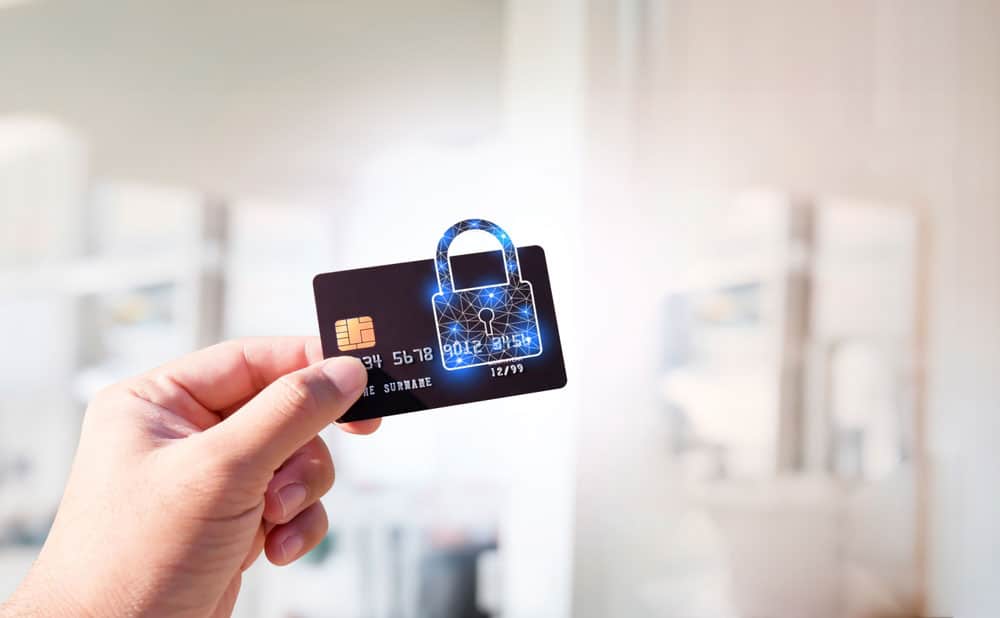Secure Online Payment Processing: Methods CEOs Use to Keep Customer Data Safe

As a CEO, you want to provide a smooth, convenient shopping experience for your customers. At the same time, you also need to protect sensitive payment data at all costs.
It’s a delicate balancing act that requires plenty of planning and forethought, especially in the current climate of increasing scams and malicious actors. After all, more than 65% of businesses fell victim to payment fraud last year – and getting hacked could destroy your reputation and revenue.
So how do you balance convenience and security in your online checkout process? Well, the good news is you don’t have to choose one over the other. With the right secure payment processing solution, you can have both. Read on to find out how.
Lock It Down: Methods for Securing Online Payments
Here are some of the tried and true techniques CEOs use to secure their online payment processing processes:
Employ SSL Encryption
SSL (Secure Sockets Layer) encryption is a must for any online business. It creates a secure tunnel between your customer’s browser and your website. Their data is encrypted along the way, preventing hackers from intercepting sensitive info if they’re snooping on the network.
Here’s how it works: When a customer initiates a transaction, your website connects to the browser via SSL. Each party provides an ‘SSL certificate’ to identify themselves and encrypt the data flow. As the data transmits, it gets transformed into a coded format that hackers can’t penetrate. Plus, SSL encryption displays those trusty padlock and “https” symbols that put customers at ease. Don’t make the mistake of thinking HTTP is good enough – that leaves your customers (and your business) exposed.
Opt for Tokenization
Tokenization is another powerful encryption technique that substitutes credit card data with randomized “tokens.” Even if a token gets stolen in a breach, it’s worthless to hackers because there’s no mathematical relationship to the real card number.
When your customer enters their card details, they get instantly encrypted and swapped with a token. That token is then used for authorization/settlement while your business never handles the actual card info. Many of the leading processors already offer built-in tokenization to seamlessly keep your business PCI compliant.
Implement Fraud Detection Tools
Today’s fraud tools are exceptionally good at sniffing out dodgy transactions using AI algorithms. They assign a ‘risk score’ to every order based on hundreds of signals like location, size, addresses used, etc. If a purchase seems suspicious, the service will flag it for review or even instantly deny high-risk transactions.
For example, if a ‘Bill Smith’ tries to buy $2000 worth of gift cards from Belarus when he lives in Texas, a fraud prevention tool would likely stop that in its tracks. Occasional false positives happen but detection tools add an invaluable layer of bot protection.
Require Strong Passwords
Don’t let weak passwords be the crack in your armor. Enforce strict password policies for all customer accounts. Require a minimum of 12 characters, mixes of letters/numbers/symbols, expiration after 60-90 days, and disallowing past passwords. This may seem like overkill, but at the end of the day, it’s a small hurdle for customers but a huge deterrent for cyber criminals trying to hack into accounts.
Even better, offer multi-factor authentication via SMS codes or biometrics. The minor inconvenience leads to major security gains.
Selecting a Payment Partner You Can Trust
With online payment security more crucial than ever, one of the most important decisions you’ll make is choosing a payment processor you can trust. Not all processors follow the same security protocols or have robust fraud prevention capabilities. Here’s what to look for when vetting processors:
Compliance with Industry Standards
Only work with processors that adhere to PCI DSS – the comprehensive Payment Card Industry Data Security Standards. These requirements encompass everything from encryption to access controls to testing. All major processors are PCI certified, but check for complete compliance across all 12 DSS requirements. Don’t stop at a badge, dig into their actual security practices.
Top Marks for Data Protection
Look for processors that go beyond the basics of data security. End-to-end encryption, tokenized fields that replace card data, limited retention of payment information, and stringent physical/digital access controls are all pluses. The more layered the protection of cardholder data, the better. Having certified compliance auditors regularly test their systems is another good sign.
Stellar Reputations and Track Records
Vet companies thoroughly and go with established leaders in payment security. Look for trusted brands that are known for investing heavily in fraud prevention and cybersecurity. Check online reviews and complaints to avoid fly-by-night operators or companies with a trail of breaches. Longstanding players with stability and name recognition have proven their ability to safely handle transactions.
User-Friendly Fraud Analysis
See if processors offer real-time transaction screening for fraud via AI and analytics. You want self-service access to review flagged payments and easily set customized rules. The best tools to learn and tailor to your business patterns to minimize false positives. Detailed reporting also helps you monitor fraud trends in your vertical.
Final Word
In today’s digital marketplace, customers expect and demand robust security when making online payments. Implementing the latest protocols and features is crucial, but finding an ethical partner who shares your commitment to protection is equally vital.
Do your homework to select processors with airtight compliance, fraud monitoring, and cybersecurity baked into their DNA. This diligence on the front end prevents massive headaches down the road. When you make security the cornerstone of every business decision, your customers’ data and trust remain secure. That’s a competitive advantage money can’t buy.
Have you read?
Richest countries in the world by GDP per capita in 2023.
Countries With The Highest And Lowest Average Salaries, 2023.
Best Fashion Schools In The World.
Best Business Schools In The World.
The World’s Best CEOs And C-Suite Executives, 2023.
Bring the best of the CEOWORLD magazine's global journalism to audiences in the United States and around the world. - Add CEOWORLD magazine to your Google News feed.
Follow CEOWORLD magazine headlines on: Google News, LinkedIn, Twitter, and Facebook.
Copyright 2025 The CEOWORLD magazine. All rights reserved. This material (and any extract from it) must not be copied, redistributed or placed on any website, without CEOWORLD magazine' prior written consent. For media queries, please contact: info@ceoworld.biz











